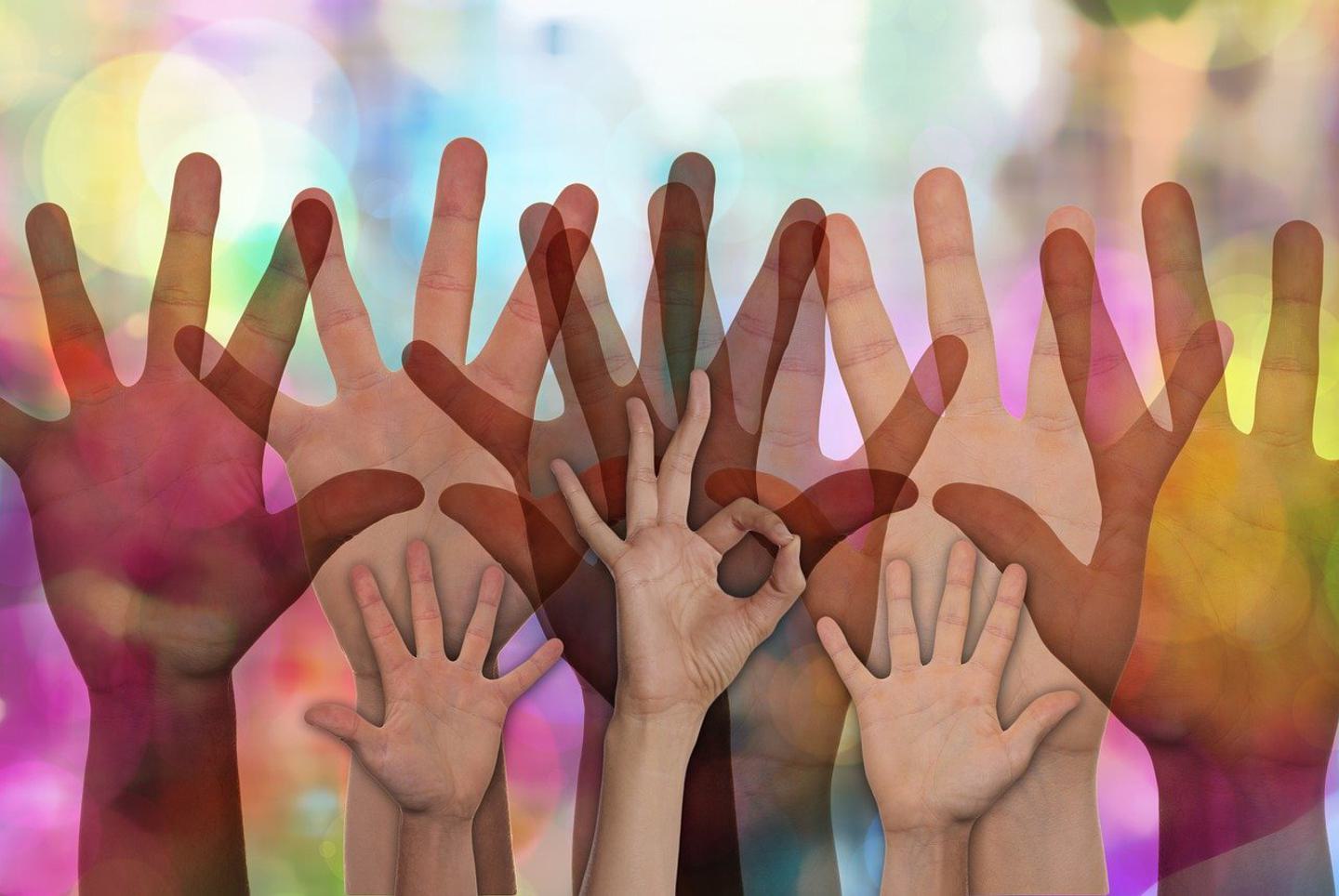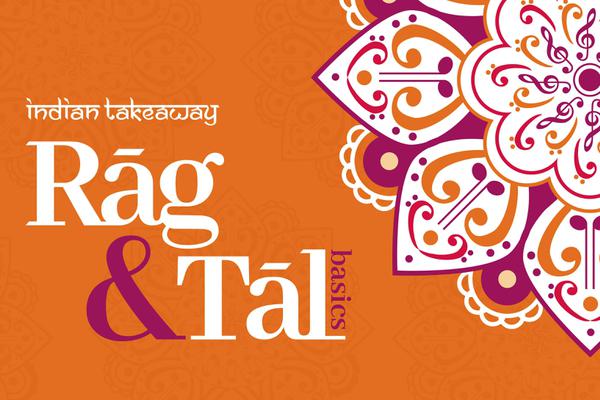Kindness in the workplace
Written by Claire Scaramanga
Not so long ago I witnessed an act of cruelty…
There was no physical abuse involved. No aggressive tirade. No sir. This was simply a case of one person ignoring the needs of another

It happened outside the Xray department at our local hospital. I was there with my youngest daughter who had broken her arm, waiting our turn to be zapped with electromagnetic radiation. Opposite to where we were waiting was an elderly lady whose tiny frail frame gave the illusion that she was a little girl sitting in a giant's wheelchair. Tired from the day's exertions, she was asleep and unaware of the growing number of people patiently waiting their turn to be called.
When she awoke, she timidly asked the gentleman standing closest to her if the room opposite was the toilet. Sporting a bandaged finger, he replied 'No love, that's the Xray room' and then carried on with the important task of nursing his injury.
It was clear she was in discomfort, but like many of that generation she didn't want to make a fuss. As she repositioned herself in her chair, I momentarily stood there astounded at this gentlemen's complete disregard for this lady's welfare. I certainly do not wish to discount his pain, but it was clear that this lady was in need of assistance and he just stood there nonchalantly – oblivious to her needs. I on the other hand could not ignore her plight so I quickly found a nurse, who, although frantically busy, immediately went to assist this timid octogenarian.
Without my intervention and the nurses immediate response, it was clear there was only one unpleasant outcome. This got me thinking about what constitutes an act of kindness. The behaviour of this gentleman adequately demonstrated that ignoring another persons' needs is tantamount to cruelty. Conversely, the simple insignificant act I made had an immediate affect on that woman's experience whilst in hospital. She was oblivious of my involvement and yet my intervention made a difference. Isn't that what kindness is: making a difference without the need for thanks or adoration?
Karma Points
Perhaps this behaviour was atypical for this gentlemen, but sadly I'm inclined to believe it was indicative of his character.
I am sure the majority of us would not be so intentionally cruel, but we are all prone to unintentional acts of unkindness. We are human after all. I'm referring to those moments when you instantly think to yourself that you wish you had behaved in a different way. They take you by surprise and are impossible to avoid because it was never your intention to behave in such a manner, however, the important part is that you are conscious of those moments. If you shrug them off like the gentlemen in this story, then you're only betraying yourself. Acknowledging them is your opportunity to find a way to rectify your uncharacteristic behaviour and that is where Karma Points come in.
Karma Points is something I've taught to my children. There is no real point system, but it's a way to remind them when they do good and when they do wrong. If they do something that they feel uncomfortable about, then we actively seek ways to examine what they've just done and find a ways the can gain some positive Karma Points. It could be opening the door for someone. Picking up litter. The point is that they think about ways to be kind. There are no financial rewards, just the pleasure of collecting points (which kids love). It also enhances their self-awareness and instil a sense of responsibility which is great dividends from a simply act of kindness.
Karma points are not the preserve of only my children. I use it everyday for my work and my life outside work. Every time I am designing or developing a website, I find ways to earn Karma Points or put another way: to make a difference without the need for thanks or adoration.
Karma Points are a mechanism to remind me to constantly seek ways to improve not just the quality of my work but for me to think about the needs of others. They are completely discretionary and are awarded on a random basis, but I am keen to explore whether a system could be created so they are awarded on a more structured basis. I like the idea that in the pursuit of being kind we can improve our work and the way we conduct business.
Well days
How could kindness have an influence in the workplace? Well, I recently met a friend who works in Perth, Western Australia. His company offers its team a number of 'Well' days. It is reserved for those days when they wouldn't be able to perform their best perhaps because they need a rest from the daily commute (hangover) or need to be around for a delivery. So rather than take a 'Sick' day, they take a guilt-free 'Well' day without having to lie and make excuses. A 'Well' day can be taken at very short notice and counts as annual leave, which most companies require to be book in advance.
This works on two levels. It shows the company trusts, values and emphasises with their employees. And for the employee it engenders a degree of loyalty and sense of pride about the company they work for.
Well days may not work for everyone, but it does demonstrate how kindness can be an effective force.
Arts & Kindness
We hold kindness in high regard. It underpins the way we conduct business and effects how we develop websites. We see it as our job to constantly make small invisible differences that will change the experiences for other people.
We thought we stood alone with our views, but we were delighted to discover there are others that value kindness as much as we do. We recently stumbled upon People United who have published (in collaboration with the Centre for the Study of Group Processes at the University of Kent) a fascinating paper about the Arts and Kindness. It poses the question, “Could arts be a 'superconductor' for kindness?" and proposes a model for how the arts might create the conditions for kindness to grow. The model contains four mediators: Emotions, Connections, Learning and Values that individually or in combination influence an outcome of kinder attitudes and behaviours. As far as I can ascertain, this model is in an early phase of development, but it has potential to reach beyond the Arts to influence business, business practises, even the way we build websites.
Clearly, this takes the idea of Karma Point up a few notches, but it has the same underlying principles that I teach my children.
I know the idea of Karma Points is not new radical thinking, but try it yourself. Hold the door open for someone. Help someone struggling with a pushchair. Pull in your neighbours garbage bin. Make a better web form. Improve the readability of your text on screen. Do a small favour for a client without charging them. The bigger the act, the more points you can award yourself. Then when you discover you've inadvertently slipped up, deduct points and find ways to replenish them.
It really doesn't take much effort to make a difference. So change your currency and measure your wealth in Karma Points.


